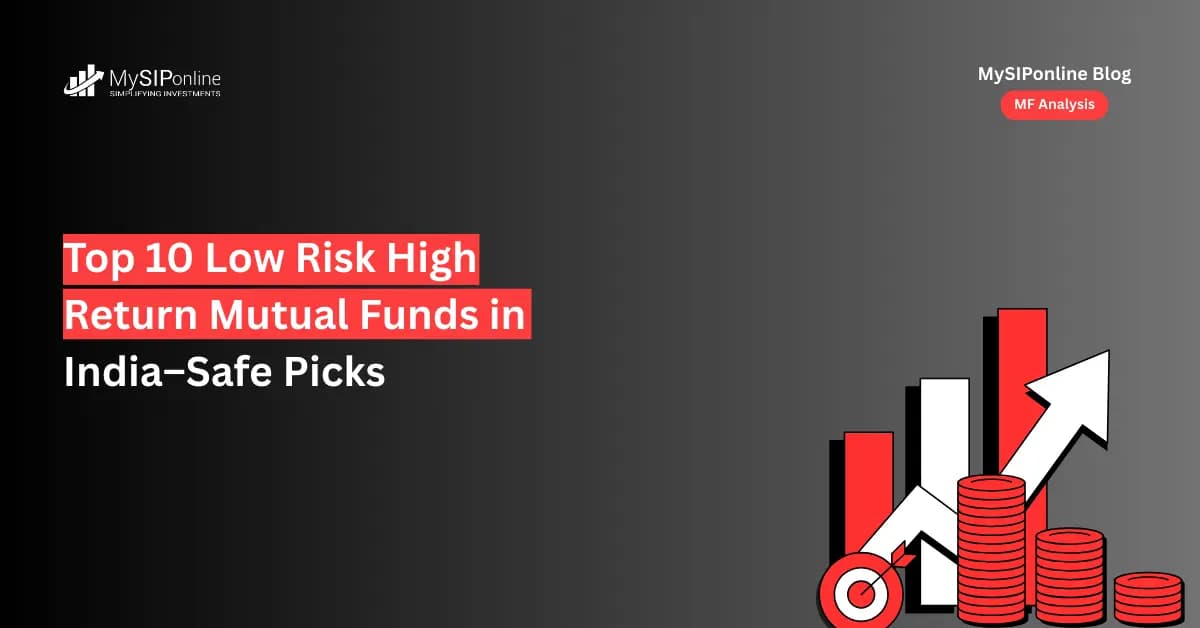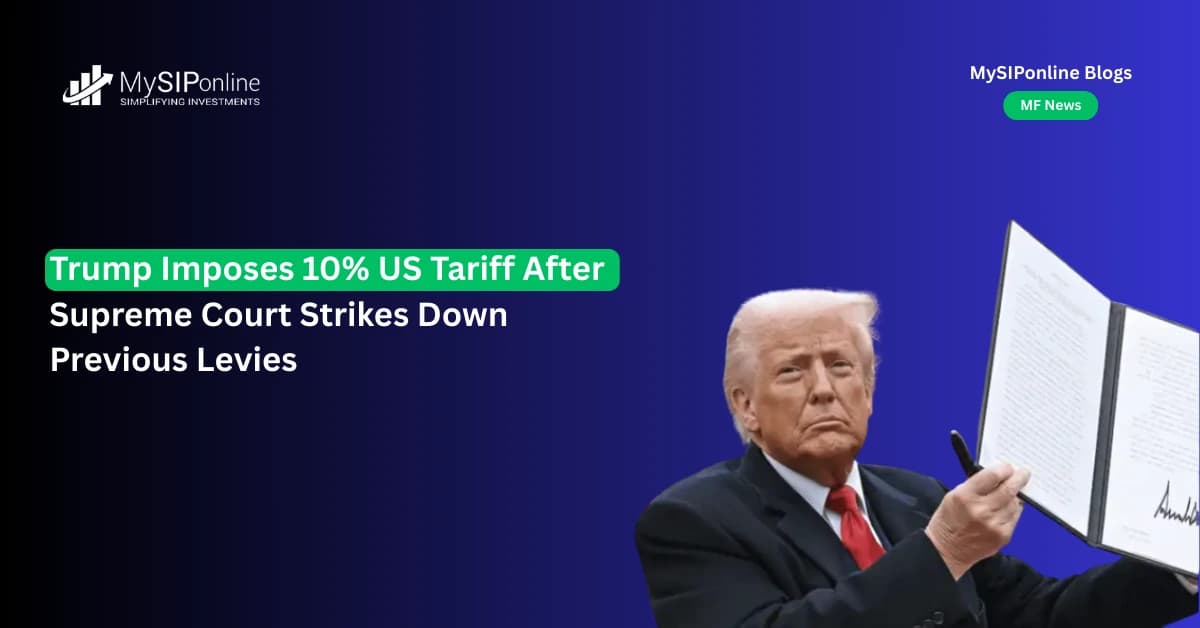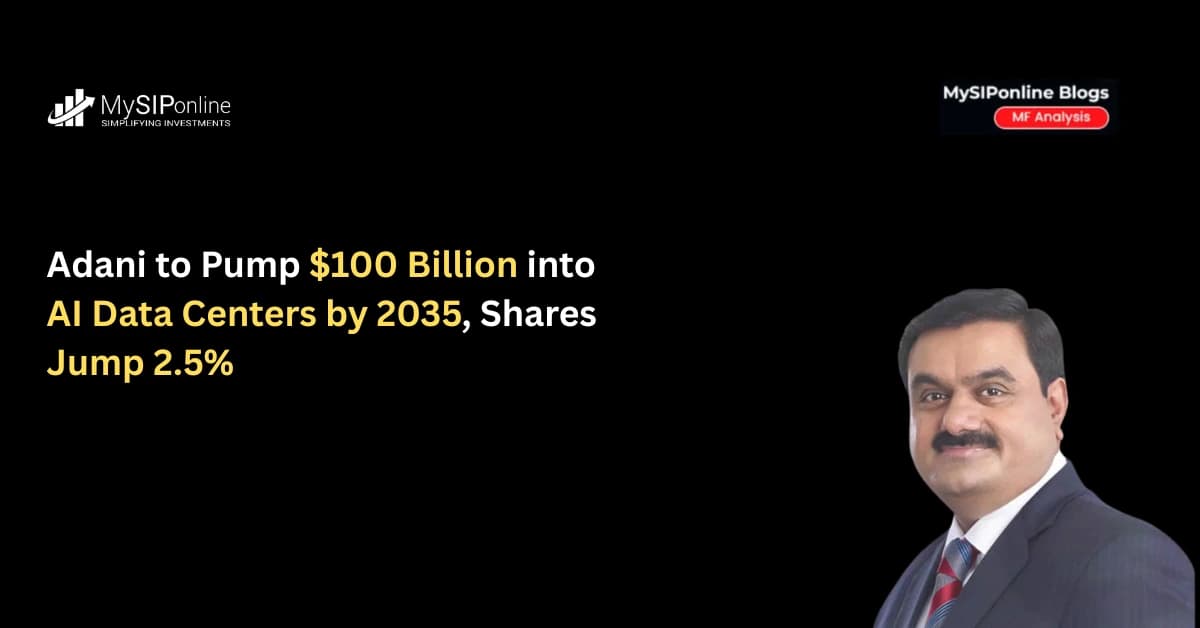Emergencies can happen to anyone at any point in time as they are unpredictable by nature, and when they occur, they can disturb your financial stability. A sudden accident, an unexpected job loss, or any other such uncertain matter is unhealthy for your economy. But, you can deal with such emergencies without getting much obstructed if you prepare for it in advance.
What Can You Do to Overcome Financial Crisis?
You can devise yourself to bear the unforeseen future expenses by saving some amount of money every month from your income. Remember that it shouldn’t be considered as a long-term saving plan for a new car or a vacation plan. Instead, this money should be kept only to meet the unknown future crisis.
How Can You Do This?
There are various ways in which you can save a small but regular amount of money to use them in future to meet uncertainty. Some of them are:
- Locker at Home : By saving a part of your income regularly in your locker may help you overcome any uncertainty in the future. To conquer the financial emergency, you need an adequate amount of money in your hand, and cash is the most liquid instrument of all investments. So by saving money in the locker at your home, you can protect yourself from getting stuck during uncertain financial needs. But remember, by doing this, you will only get liquidity and not earn any return on your saved money.
- Savings Bank Account : If you park the same in your savings bank account, it will earn you a minimum interest of 4% on your savings. Furthermore, banks also provide you with the facility of anytime anywhere withdrawals through ATMs. Thus, they stand more beneficial than opting for the locker at home as they provide you a place to park your money, and at the same time let you earn interest on your savings.
- Liquid Mutual Funds : This is a category of mutual fund which invests your money in debt and money market instruments to let you earn higher returns over what bank accounts provide. It is the most beneficial technique of making a corpus to meet any unforeseen financial crisis because they are high in liquidity and fetch returns of 7-8% on your investment.
Thus, among all the three ways of saving money for an emergency, the liquid mutual funds is the best as it provides higher growth in savings with many other benefits like instant redemption, zero lock-in period, liquidity, etc.
How Much Do You Need to Save?
Usually, many people follow a thumb rule of saving an amount equivalent to six months’ income to meet uncertainty in the future. But, this isn’t correct in all the cases. The size of your emergency fund must be based on your expenses rather than income because in any financial uncertainty you will have to meet all your expenditures using the money from the emergency fund. While six months’ income is a good amount, you can do a better job by considering some influential factors to determine the size of your emergency fund. They are:
- The Nature of Your Income : If you are a freelancer and earning an irregular income then you need to save more money because there may be a gap between your incomes. So, it is better to save monies comparable to your twelve months’ salary.
- The Nature of Your Job : If you are doing the job in any established company which ensures your job security then you can keep saving as per the thumb rule because you know that your salary will be credited every month. In the other case, if your job is not secure then you need to save little more to meet your financial emergency needs.
- The Nature of Your Requirements : If you are single, independent person or when your parents don’t depend on you for their financial needs, your money is solely utilised by you. So, you need not make large savings in this case. But, if you have dependents like parents, spouse or children, you need to save a big amount considering the minimum six months’ expenses that you spend to meet your family’s requirements.
Therefore, to be able to overcome any unforeseen financial dependency, you can consider the above points and determine the size of your emergency fund accordingly. Remember that the capacity of your fund can be larger than your six months’ spending, but it cannot be less than that.
You can also opt for the investment in the best liquid fund schemes of different AMCs which have been provided on our investment portal - MySIPonline.




.webp&w=3840&q=75)






